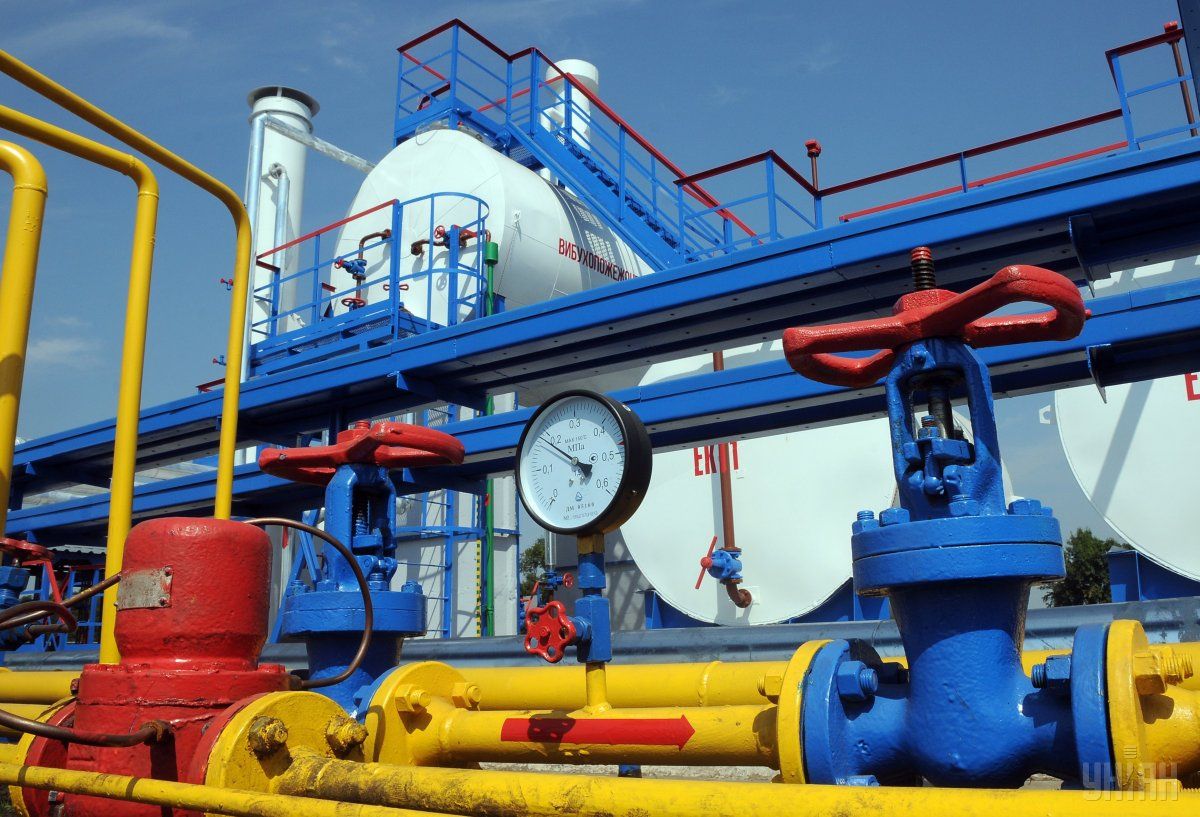
The government in Moscow expects officials in Ankara to make necessary decisions in one to two months to proceed with a natural gas pipeline under the Black Sea that may kick off by end-2019, Russian Energy Minister Alexander Novak said on Saturday, Bloomberg wrote.
A draft intergovernmental agreement has been sent to Turkey, he told reporters in the Russian Far Eastern city of Vladivostok.
The Kremlin-backed Gazprom PJSC previously said that Russia was assessing several potential routes via the Black Sea through different countries. “I believe the decision has been made,” Novak said, leaving possible alternatives to Turkish Stream off the table.
No South Stream
For years, Russia has been striving to cut its reliance on gas transit through Ukraine, which accounts for about 40 percent of its exports to Europe, by building pipelines under the Baltic and the Black seas. An initially planned link to Bulgaria, known as the South Stream, was strongly opposed by the European Union.
Russia scrapped the project in 2014 and proposed an alternative route through Turkey. The latter was also shelved last year after ties between the countries soured following the downing of a Russian military jet by the Turkish air force near the Syrian border.
The tensions have eased after Turkish President Recep Tayyip Erdogan apologized for the incident in June. He is planning to meet President Vladimir Putin to discus the Turkish Stream link among other projects this weekend at G-20 summit in China, according to the Kremlin.
Read alsoTurkish Stream project to have negative consequences for Ukraine: Naftogaz CEOThe Turkey gas link, originally designed to make the country a new gas transit hub for the EU and replace Ukraine from 2020, has also been delayed amid gas-supply pricing disputes. Its annual capacity, initially planned at 63 billion cubic meters (2.2 trillion cubic feet) with four lines was later halved.
Gazprom had said it was going to build two links to Turkey before the project was shelved, one serving the Turkish consumers and the other one planned for Southern Europe. "We have no South Stream any more," Novak told reporters on Saturday, confirming the earlier plan to build two links of the Turkish Stream, with the second line "possible" for the EU.

